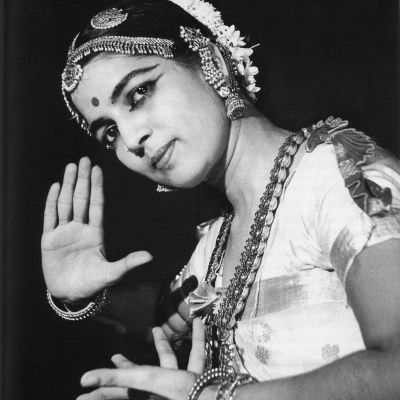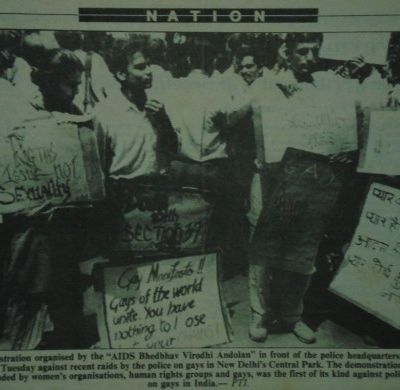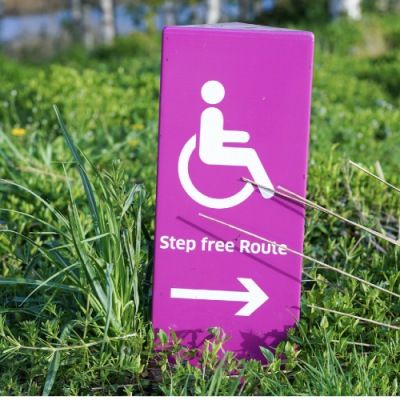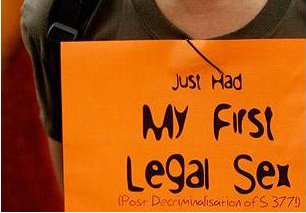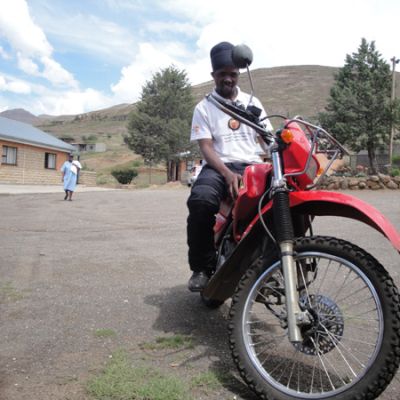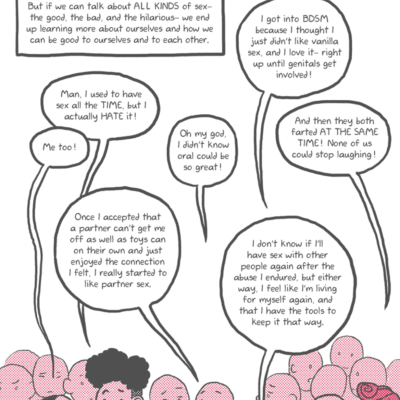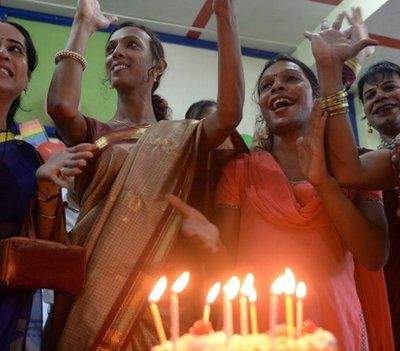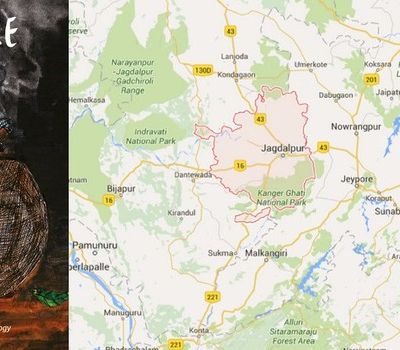Law
She was 17 when she was rescued from a dance bar. Now she’s 18 and she wants to go back. As an adult. And dance again. That’s what Alisha wrote in a letter to the Child Welfare Committee.
Alisha’s letter may be one of a kind. It doesn’t matter. It may even be a scam of sorts, in that she was pushed to write it. Doesn’t matter. What’s interesting is the jumble that it throws up, if you look at her choices through eyes that are not hers.
As someone who has worked on sexuality and gender related issues, HIV and AIDS has been part of the larger…
Someone called me a policy animal a few years back and I grudgingly agreed that indeed I’m one of those people who does get excited by the idea of influencing policy negotiations and policymaking
Both sexuality and disability are complex terrains, offering a realm of possibilities that are often made unnecessarily complicated and unattainable by the mental maps we draw of them and the artificial barriers we erect.
Sexuality and the workplace are closely related, and a safe and healthy working environment is a fundamental human right.
In the spirit of the Games, I watched the Netflix film Rising Phoenix which documents the history of the Paralympics and its impact on the world in making visible the topic of disability. It also tracks the personal and professional journey of some of the top Paralympic athletes who share their challenges, frustrations and motivations.
Post the historic Naz Foundation judgment of the Delhi High Court in July 2009, a prominent English news magazine carried…
JOHANNESBURG – “If the law supposes that,” Mr. Bumble says in Charles Dickens’ novel Oliver Twist, “the law is an…
Those who are rendered vulnerable due to their gender or sexuality, particularly those who are economically and socially disadvantaged (or less powerful) and lack the agency to speak up for themselves, are more prone to allegations, social ostracism and marginalization.
I cannot let anyone see the stretch marks, the cellulite, the saggy breasts. I cannot reveal my hideous body. I feel anxiety well up inside me even as I visualise this eventuality. I read about ten ways for a fat person to have meaningful sex. I learn that throwing a cloth over the bedside lamp will help hide my flaws.
Everyday Feminism’s comic illustrates the complexity and diversity of sexuality, revealing how sex can sometimes be pleasure-affirming and sometimes not, and asks us to talk about ALL KINDS of sex – the good, the bad, and the hilarious.
[slideshow_deploy id=’1299′] Khaki dots the railway station as they try to look official, lolling in their plastic chairs. Routine checking…
This piece attempts to think about how bodies are produced and circulate in moving registers and discourses, chiefly around the question of representation.
A sense of humour, easy solutions and liquor as compensation help keep things simple. The Hirma episode is one of…

